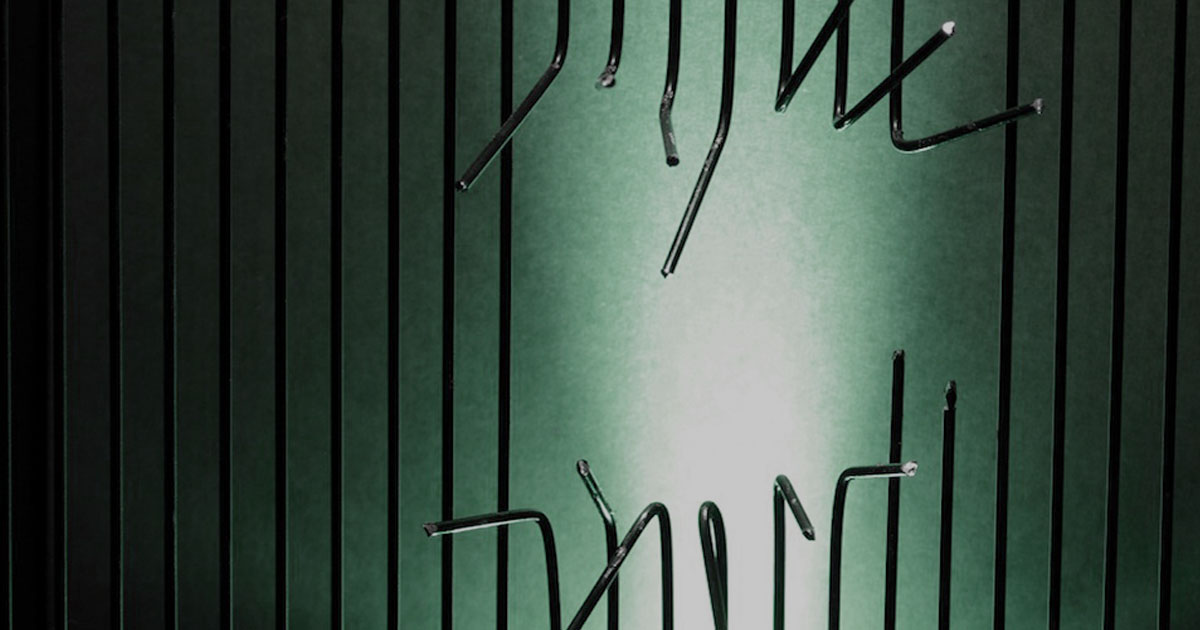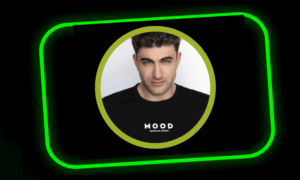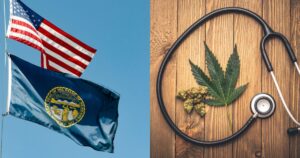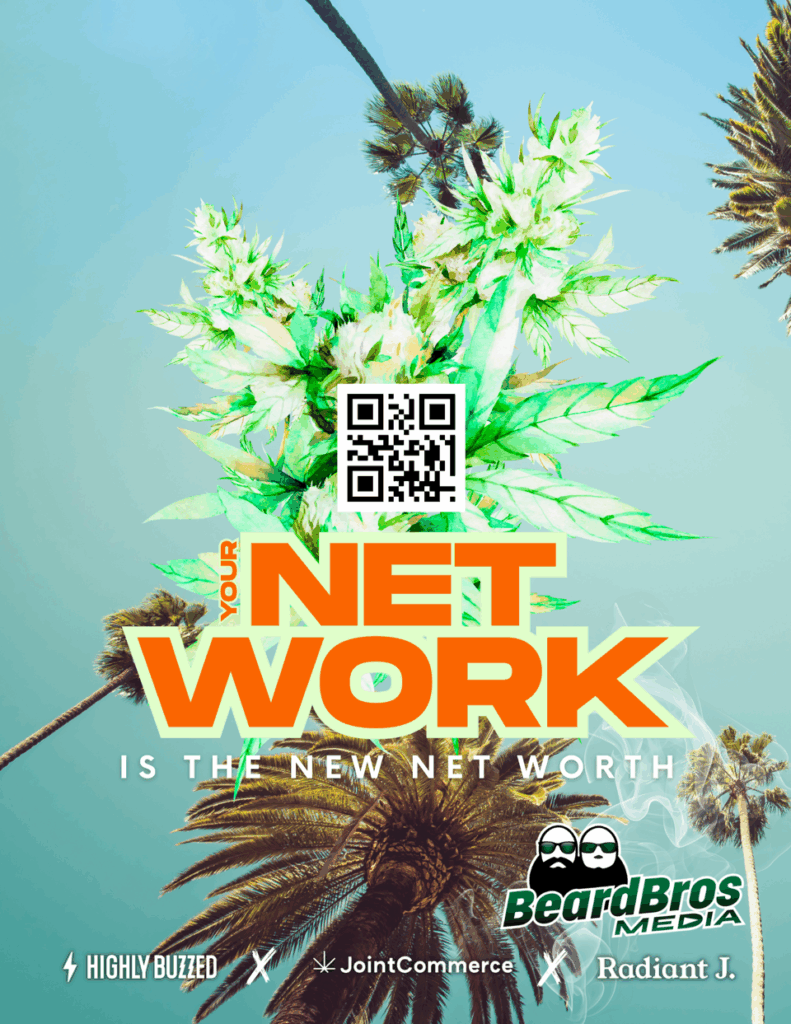With the recent decision by voters in Oregon to decriminalize the possession of all controlled substances, everybody’s Crazy Uncle is once again spewing nonsense. The problem is, so are a lot of people who ought to know better. So let’s define decriminalization, even if it ruins some half-baked memes in the process.
Before the onset of the Coronavirus earlier this year, the unemployment rate in this country was hovering somewhere between 3-4% and the nation’s economy was relatively stable.
However, for those with a criminal record, the unemployment rate was estimated to be more like 30%… and that was in the so-called good times.
That percentage gains significance when you consider the fact that in a nation of roughly 330 million people, over 70 million of them have some sort of criminal record weighing them down – no matter how petty the crime, or how long ago it may have occurred, or what that person may have already done to repay that alleged debt to society.
Even just a misdemeanor charge for minor possession of a controlled substance like cannabis can ruin future opportunities not only for employment, but potentially for housing, or student loans, or anything that requires a background check.
Or worse, it is estimated that we have around 40,000 Americans still locked up across the country serving time behind bars over the prohibition of the cannabis plant.
If that doesn’t piss you off, you are part of the problem.
But why should we be any less outraged if that stoner’s celly is someone who got popped with a small bag of coke, or meth, or whatever? That time incarcerated and the aftermath of trying to walk a straight line once released both come at a huge cost to taxpayers and to the people victimized – and often trapped – by the criminal justice system.
Simply speaking, decriminalizing controlled substances does not legalize anything. What it does do is allow law enforcement, the courts, and our prison system to refocus their resources on stopping, prosecuting, and punishing actual crimes against society. It also shifts the mindset that drug use or abuse is a criminal act that requires punishment, instead viewing it as an addiction or a form of self-medication that could potentially benefit from therapy or safer alternatives (hello, cannabis!).
Perhaps the best way to define what decriminalization is would be for us to lay out once and for all what it is not.
DECRIMINALIZATION IS NOT LEGALIZATION
If you spend any amount of time on social media, you have almost certainly been bombarded with memes about the decriminalization measure just passed in Oregon. If you haven’t, they are all pretty much a visual punchline about straws being illegal in the state, but cocaine being legal.
Sorry to spoil the memes, fam, but no, coke is not legal in Oregon. Neither is meth, or crack, or heroin, or even mushrooms, for that matter.
Tomatoes are legal. You can grow tomatoes indoors or out without fear of military-style raids on your home. You can sell your excess tomatoes to your neighbor and they can safely walk down the street eating all the tomatoes they want in plain sight.
Controlled substances are not legal. Not in Oregon or anywhere else in the United States.
Decriminalizing methamphetamine means that cops will quit shaking down known addicts to hit their monthly quotas but everyone making meth, selling meth, robbing people for meth, driving under the influence of meth… they are all still breaking the law and now the cops will have to climb those trees, instead of just picking the low hanging fruit.
NOTE: If you try to apply that same tomato analogy to cannabis you see that it isn’t “legal” either, not even in Oregon where state-sanctioned medical and recreational weed markets thrive. Nope, it is TAXED & REGULATED. Want proof? The DEA seized 43% MORE cannabis plants in 2019 than they did in 2018 despite the fact that nearly every state has established medical or recreational markets for the plant.
DECRIMINALIZATION IS NOT A GATEWAY
A lot of the same lame memes that clown on decriminalization seem to imply that because you’ll no longer have your life ruined by lazy cops due to a dimebag of blow, now everyone will become drug addicts.
As you read this, some Chad is putting the finishing touches on his pitch deck of how to get his hands on that Chemical Wave dollar that he knows is coming.
In Oregon, though, even minor possession of a controlled substance can lead to monetary fines and/or mandatory therapy in a drug treatment program. That sounds better than an arrest or jail, but it sure doesn’t sound like a good time.
Does anyone really think that there is some huge group of people out there who would spike their veins with heroin, if only it wasn’t such a legal risk? Are we really to believe that vast swaths of the population are just waiting for their chance to get addicted to meth, once the pesky cops get out of the way?
Most of these substances carry very serious and very commonly known health risks for those who are addicted to them.
So why decriminalize them if they are so dangerous?
Because the people who are going to be doing these drugs post-decriminalization are the same people already doing them! They are already in your town, Karen.
That old, failed ideology only serves to trap them in that lifestyle since the minor possession convictions on their record have made it impossible for them to elevate their station in life.
Decriminalization not only avoids the lifelong crippling effect of a tarnished criminal record, allowing that person to learn from their mistake and rise above it, but it also offers therapy and help, instead of judgment and jail time.
HOWEVER, IT AIN’T GOOD ENOUGH FOR WEED
If you have read our reporting for a while now, you might be thinking, “Wait a minute, Bros, haven’t you always called decriminalization ‘less than half a step in the right direction’?”
Yes, we have. When it comes to cannabis, decriminalization is not enough. Cannabis cultivation, processing, sales, and use do not carry the inherent dangers that some other controlled substances are burdened with. Also, as Bob Saget so eloquently reminded us in the movie Half Baked, nobody is sucking dick to satisfy their weed addiction. Well, almost nobody.
Almost anyone has the ability to grow a cannabis plant of their own, posing absolutely zero danger to themselves or their neighborhood in the process. The same just cannot be said about making meth. They ain’t the same.
The states and municipalities that have chosen to decriminalize cannabis without also establishing taxed and regulated markets for protected cannabis commerce are literally doing the least they can in order to satisfy the growing public support for cannabis. But as we have written many times before, decriminalizing cannabis only protects the end-user, and the plant doesn’t grow itself.
On the federal level, it gets a bit more complicated.
Watching how Uncle Sam fumbled the so-called “legalization” of the so-called “hemp” plant leaves us pretty wary of wishing the same fate upon cannabis and its culture.
It seems easier to just lobby the Feds to “decriminalize” cannabis, but there is more at stake at that level than just how cannabis crimes get prosecuted (or not). The blame for the lack of access to basic banking and insurance services that cannabis operators are currently experiencing nationwide can be laid right on the doorstep of the federal government and its ongoing prohibition of the plant.
Unless by “decriminalization” they mean a full “de-scheduling” (removing cannabis from the Controlled Substances Act completely), we’re not interested, and we’ll keep fighting.
A MOVE LONG OVERDUE
Our country cannot afford free healthcare.
We cannot afford free education.
We cannot afford to keep our veterans off the streets.
This is what the rich old assholes tell us.
However, somehow we can afford to spend over $47 billion per year on the failed War on Drugs.
In 2017, the percentage of Black people arrested on drug possession charges in the U.S. was 27% of the total number of arrests. We know that Black folks make up just 14% of the country’s total population, and we know that the percentage of Black people, Caucasians, and Latinx people who consume drugs are relatively equal.
So, decriminalization absolutely will drive the statistics down and even them out and it will do so without leading to meth dispensaries or heroin farmer’s markets.
Being humane… it’s a helluva drug.
- Can CBD Help Combat Alcohol Binge Drinking? A Study Suggests It Might
- Missouri Hemp Farmers Form Missourians for a Single Market in Attempt to Redefine Regulations
- Restaurant Spotlight: 1811 in Berlin – Timeless Taste in Charlottenburg
- Texas Governor Abbott Vetos Senate Bill 3, Calls For Special Legislative Session
- Petition Calls on Meta to End Cannabis, Psychedelic, and Harm Reduction Communities Censorship
- Texas Expands Medical Cannabis Access with House Bill 46















